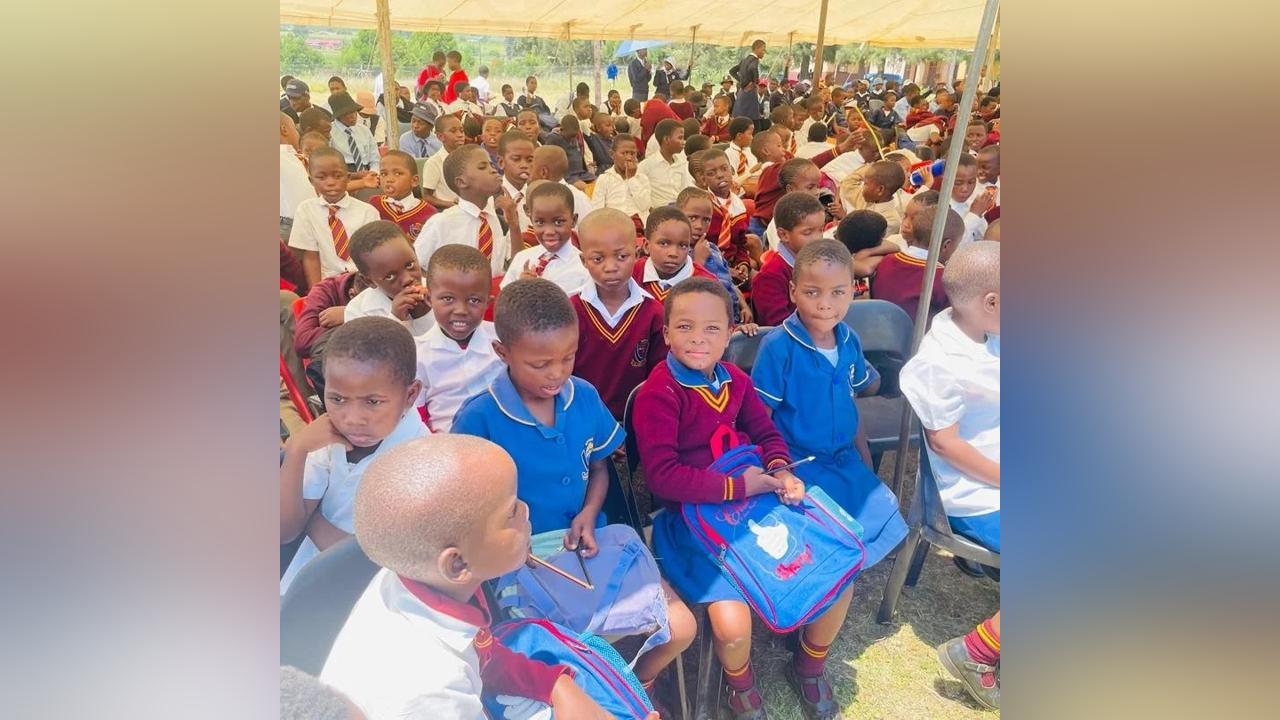Africa-Press – Eswatini. Headteachers and teachers tend to differ on operational issues but agree that the School Grade Repetition Policy is negatively impacting the quality of education.
The educators said the effects of the policy were evident in the Grade VII results, which according to them was glaring.
Eswatini Principals Association (EPA) and Swaziland National Association of Teachers (SNAT) said since the policy was implemented, the standard of education had declined and want government to create a conducive learning and teaching environment for the policy to thrive.
The policy dictates that there should be no repetition in primary and higher grades except where there are external examinations. Repetition is only allowed in special cases, such as illness, immaturity or home conditions that headteachers should be able to explain.
Previously according to the National Education Review Commission (NERCOM) of 1985 the education system was characterised by relatively significant rates of repetition and drop-outs.
In an attempt to reduce repetition, the NERCOM report recommended that a child be allowed to repeat once at Grades I-IV and once at the higher primary school in cases where this would benefit the child.
This is where educators have concerns with the policy, saying the teaching and learning environment was not conducive for such a policy.
They said this was evident in the Grade VII results, which show a steady decline.
Some headteachers shared this with government during the visits to schools by Cabinet ministers.
According to the headteachers, government, in an attempt to reduce repetition and wastage in the education system, introduced various policies and circulars over the years.
However, anecdotal evidence suggests that the repetition guidelines affect the standard of education in the country.
They revealed the challenges they faced, saying they have been in denial to acknowledge.
Mangwaneni Community Primary School Headteacher, Jabulani Mohale, said there was a huge challenge of learners who reach higher grades yet still fail to read or write.
“Our policy states that learners, especially from the early grades cannot fail and repeat classes and this is causing challenges for us,” Mohale stated.
This he said results into a weak foundation because the pupils keep on being pushed to the next class without getting the basic knowledge of how to read and write.
According to Mohale, the policy somehow hinders education, not just for his school but throughout the country.
Learners
He said learners get to Grade III without knowing how to read and write.
“When these children reach Grade VII they struggle in their studies. I have had an opportunity of talking to some of the children, who are in the higher grades. One of the children asked me how come he was not able to read or write yet he has been attending school for all these years,” Mohale stated.
He said this touched him.
The ministry of education and training according to Mohale, needs to review these policies.
He said it is true that as teachers they do not want to see a single learner failing and having to repeat a class, but this must be done the right way by allowing learners to have a strong education base at the early stages of their schooling career.
“The education that is being received by pupils nowadays is different from that which was received by those who came before them,” Mohale stated. According to the headteacher, the education offered is getting weaker by the day.
“As a God-fearing man, I just feel bad that some of us are now just coming to school in order to mark the register and wait for payday. The quality of education is going down the drain,” Mohale stated.
The headteacher said they have tried as Mangwaneni Community Primary School to ensure that they urge teachers to teach their pupils reading and phonetics.
For More News And Analysis About Eswatini Follow Africa-Press







